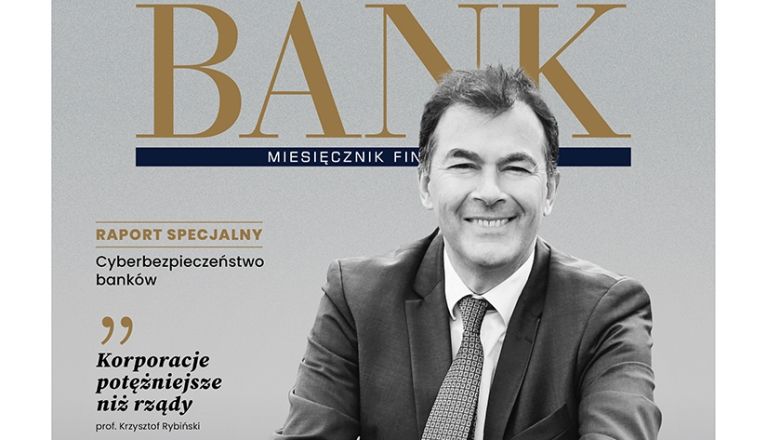- #BPI Poland
- 2021/05/27
- 0
-
68
Senior Country Officer of Credit Agricole in Poland interviewed in the Bank Magazine
“The bank of the future is like air - essential to life and unnoticeable," says Jean Bernard Mas, Senior Country Officer of Credit Agricole in Poland, in an interview for the BANK financial monthly.

In an interview with the most important banking magazine in Poland, Jean Bernard Mas talks about the specificity of Polish banking, technological development and competition from fintechs.
- What customers appreciate most is the convenience of using banking services and their availability. The bank of the future is like air - essential to life, but unnoticeable for the customer - says the Senior Country Officer of Credit Agricole in Poland.
- The technology behind modern banking services makes it possible for the client to pay for dinner in a restaurant simply by touching the payment terminal with a smartwatch and leaving immediately. Such a transaction takes only a few seconds and few people realize that it is a very complicated process that involves many entities and requires processing of a lot of data.
However, Mr. Mas stresses that modern banking must not forget about its human dimension. He argues that a living human being, with emotions and feelings, is a value that many customers need and appreciate.
- Such an approach, with utmost emphasis on delivering value to customers, is part of the strategy of Crédit Agricole in all countries where we are present. In Poland we even made it our market differentiator. We like to say that we are a modern bank, which works every day for the benefit of clients and offers them solutions they really need at a given moment - he adds.
When asked about the reasons for the bank's ecological commitment, Jean Bernard Mas answers that the financial sector has a huge potential to influence the construction of the "green economy". He argues that banks can finance or refuse to finance whole industries and activities that are harmful to the environment. They can also encourage their clients to live in harmony with nature, as Credit Agricole does in Poland.
- Is it enough to stop environmental pollution and climate change? Probably not. But banks alone cannot be expected to save the world. What is needed is the involvement of everyone: governments, non-governmental organizations, business, and every consumer. We all contribute to the pollution of our planet and we all need to feel responsible for solving this problem. Only consistent and systemic actions can help here - emphasizes Jean Bernad Mas.



